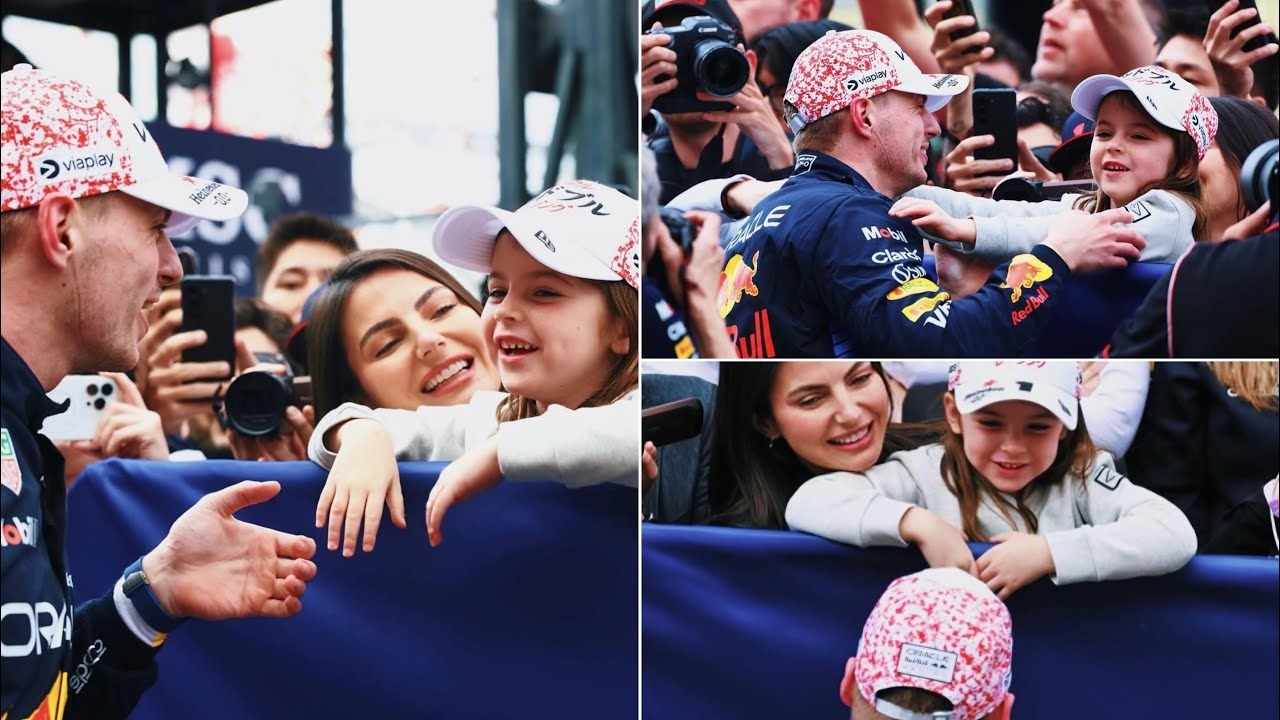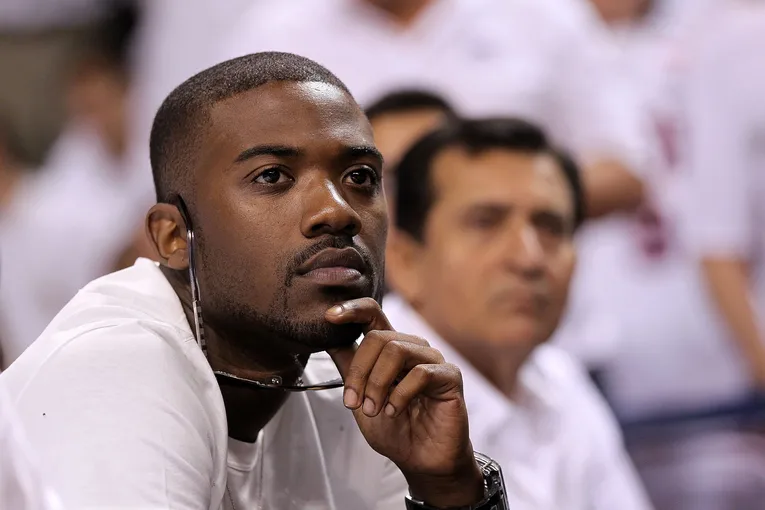Stranger things – Hamilton to Ferrari, anyone? – have happened. Let’s analyse the pros and cons to assess whether Verstappen should stay or go…
No other sport places demands on its most successful participants like F1 does.
Somehow it’s not enough to win with one team: to be considered truly great, you must sprinkle little grains of your greatness all around the pit lane.
It’s almost an unwritten rule and makes motor racing one of the few sports in which loyalty is looked down upon, for while one-club men are saluted like war heroes elsewhere, in F1 it is deemed too safe – and pathetically unimaginative – to restrict your universe to a single team.
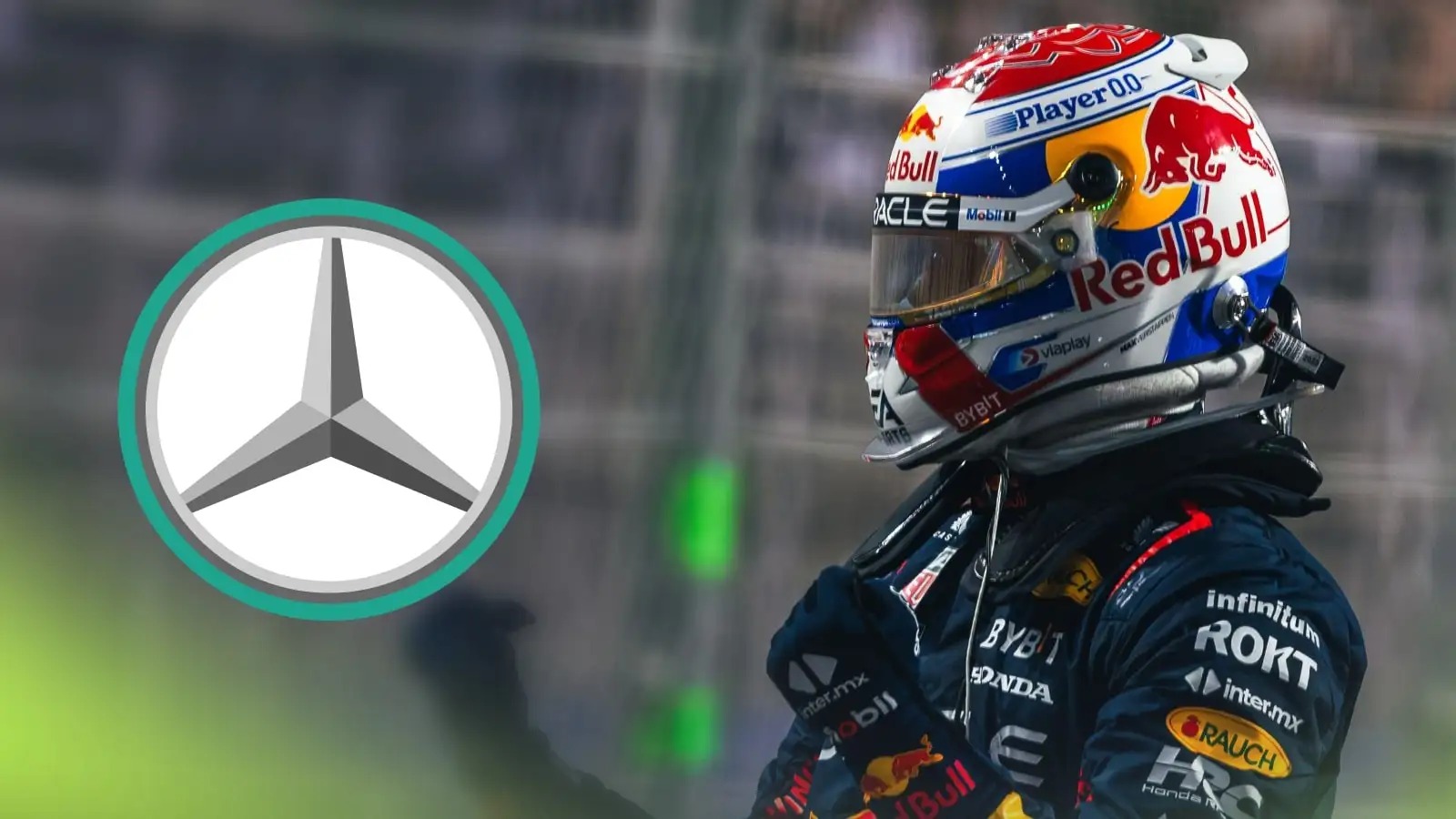
It is a flawed rationale, but throughout history drivers have been drawn into the idea that their success can only be validated once they have done it for different teams.
Verstappen is so fantastically single-minded that he often inspires hope that he could be the one to finally buck the trend, that he is sufficiently self-assured to know his wins will still count the same even if they all carry an identical shade of blue.
Yet the temptation to prove once and for all that his success isn’t all down to a dominant car, and may have a little something to do with the driver too, is one even he might struggle to resist.
Against: Why walk away from Red Bull when Mercedes still can’t get it right?
Yet how unbelievably bold Verstappen would be to willingly walk away from this, arguably the most agile, well-organised and potent team in the sport’s history.
Over the last few years Max and Red Bull together have scaled unprecedented heights, putting F1 under the most crushing spell of dominance ever witnessed to the point where Verstappen himself has been named the greatest threat to the sport’s growth under Liberty Media.
Only Michael Schumacher at Ferrari had a team built around him as exquisitely as Verstappen, leaving Max free to concentrate on the essentials – driving the car, the lap, the race in front of him – safe in the knowledge that the group behind him has every other based covered.
When a team and driver happen across something as special as this, when they achieve such a total state of bliss, surely all effort must be made to preserve it for as long as they possibly can?
Especially when Mercedes are living proof of how difficult it can be to recapture those golden days once a team is dislodged from a dominant position.
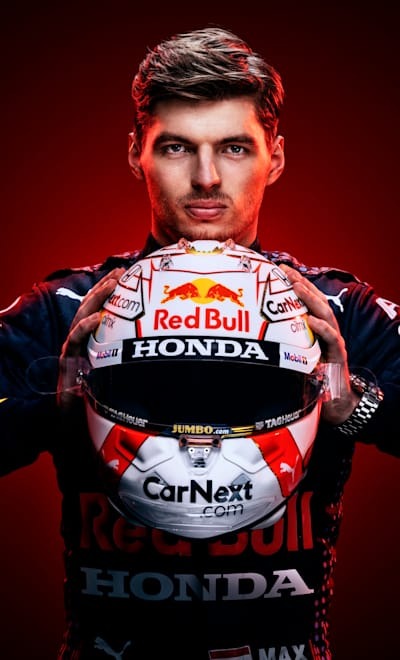
Three years into the current rules cycle, Mercedes remain a team still struggling to adjust to their new reality, still without a firm idea of how to build a ground effect car without obvious vices.
And if even Lewis Hamilton doesn’t see Mercedes as his best bet for 2025 and beyond, then why should Max Verstappen?
For: Mercedes could be strong in 2026
Ah, but the great trick when it comes to switching teams in F1 is always thinking a step ahead.
It’s not about who’s winning races now, but who might be winning races two or three years down the line.
And even though Mercedes may currently look beaten, might they emerge as the team to beat when F1’s new rules are introduced in 2026?
The sport’s move to 50 per cent electrification will present the first true test of Red Bull’s new Powertrains division, established in the aftermath of Honda’s official withdrawal at the end of 2021.
PlanetF1.com recommends
Revealed: The remarkable 36-hour timeline behind Lewis Hamilton’s shock Ferrari move
Lewis Hamilton now finally has a chance to escape the ghosts of Abu Dhabi 2021
There is no reason to suggest RBPT – having recruited staff from Mercedes, Ferrari, Renault and Cosworth – will struggle without Honda’s support, with Helmut Marko letting it be known last summer that Red Bull’s preparations are “miles ahead” of Ferrari and Audi and “about the same” as Mercedes.
That came just weeks after Verstappen let slip at the British Grand Prix that many of his fellow drivers were not yet “fully aware” of how the F1 2026 cars are looking, potentially dropping a huge hint that Red Bull’s plans were already way more advanced than the rest.
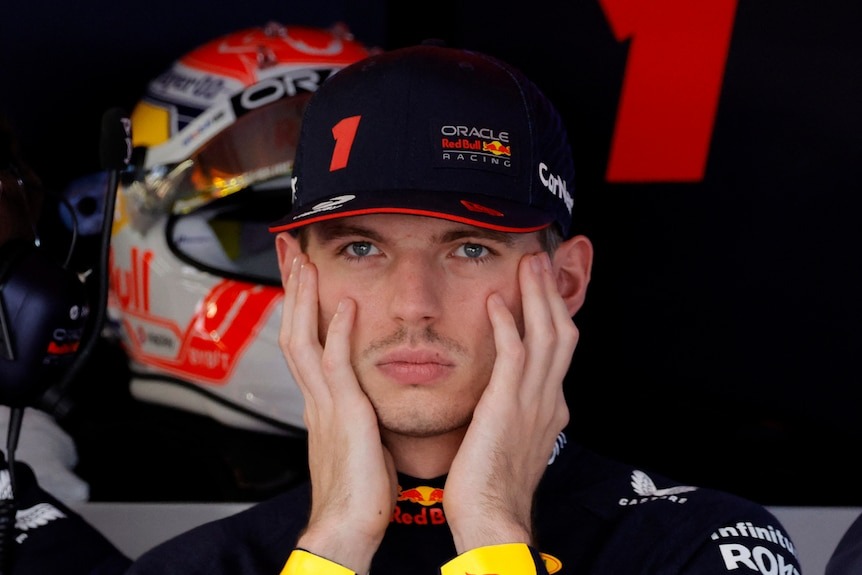
Yet Mercedes have consistently produced the most powerful and reliable engines over the last two decades.
And even after losing key staff members, including engine boss Andy Cowell, over recent years, history suggests they are the ones most likely to get 2026 right at the first time of asking.
Against: The Adrian Newey axis
The most important individual within Red Bull’s F1 operation?
Not Verstappen or Christian Horner, but Adrian Newey.
It was Newey whose genius turned Red Bull from party team to title winners; Newey whose presence kept Red Bull dreaming after their initial spell of dominance with Sebastian Vettel came to an end; Newey whom the rest fear most.
Since 2016 it has often been tempting to picture the conversations between Verstappen and Newey deep inside Red Bull’s factory in Milton Keynes: Max explaining to Adrian what he wants from the car in between runs in the simulator; Adrian, with a better feel for the driving side of things than most assume, explaining to Max how the car must be driven.
It is the F1 equivalent of having a seat in the studio to watch, say, John Lennon and Paul McCartney record a Beatles album – two phenomenal minds in their own right fusing their brains together to make magic.
Verstappen may be the point around which Red Bull’s world revolves, but Max’s relationship with Newey is the axis upon which that world spins.
Forgot about everyone else: as long as Max has Adrian by his side, he won’t go far wrong.
For: Max’s relationship with Red Bull is uniquely transactional
It is important to note that Red Bull’s relationship with Verstappen is unlike that of any Red Bull junior to have come before him.
Why? Because, technically, Max never really was a Red Bull junior.
The Verstappens famously steered clear of the academies in the early days, determined to retain as much control over Max’s ultimate destiny for as long into his development as they possibly could.
And when decision time came in 2014, only Red Bull’s offer of an instant F1 promotion with Toro Rosso gave them the decisive edge over Mercedes in the competition for Max’s signature.
For all they have achieved together, there has therefore always been a pervading sense of distance between Verstappen and Red Bull – the idea that they are more in thrall to him than most conventional team/driver relationships would permit.
His achievements with Red Bull already surpass those of Vettel by most metrics, but have they ever loved him like they loved Seb? Have they ever truly been able to call him one of their own?
Verstappen’s unusual standing, rooted in his extraordinary talent, gives him an inordinate amount of power for a driver and makes his relationship with Red Bull uniquely transactional – as if, regardless of what the contracts and paperwork might say, the team have only ever had him on loan.
It is, some might say, an arrangement made for the Verstappens – father and son – to walk out almost whenever they wish.
Against: Would Red Bull choose Verstappen over Horner?
Where have all these rumours about Max joining Mercedes come from then?
Could all this, perhaps, be just a cunning powerplay to push Red Bull into removing Horner after the recent investigation failed to deliver the desired outcome?
Certainly, the comments of Verstappen’s father Jos after the Bahrain Grand Prix – that Horner, “playing the victim when he is the one causing the problems”, should leave before the team who had just claimed a dominant one-two finish “explodes” – offers weight to that particular theory.

Horner, said to have the support of Red Bull’s Thai co-owners, then bit back in Saudi Arabia by claiming “nobody is bigger than the team.”
So what happens if Red Bull’s hierarchy are forced into an unenviable choice between team principal and star driver?
Modern sport is littered with stories of player power, of prized assets agitating for changes of leadership and using any means necessary to undermine the boss and ultimately see him off.
Horner showed signs of returning to his feisty self in Jeddah and from the start of this sorry saga has appeared unwavering – if not increasing – in his determination to ride out the storm.
Yet almost invariably in these scenarios the manager is far easier to replace than the star of the team.







